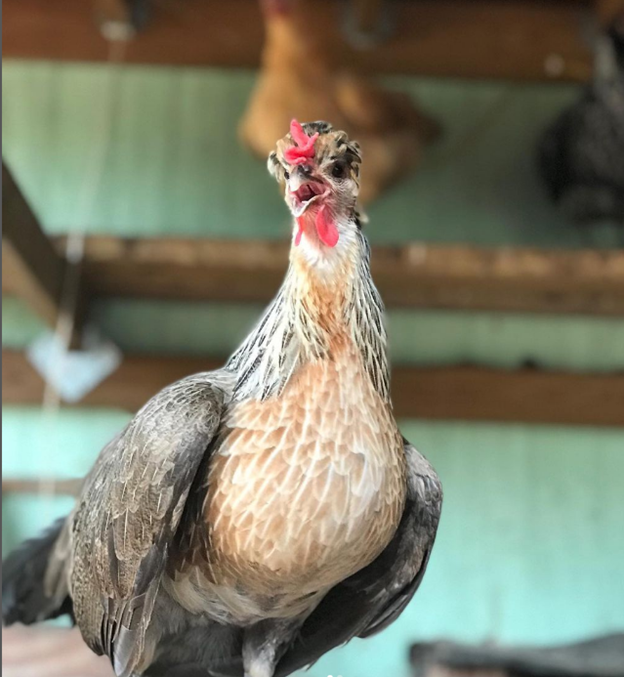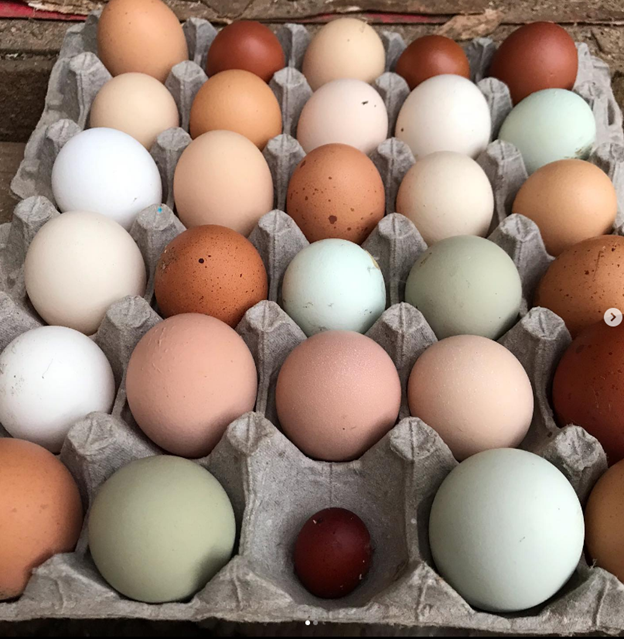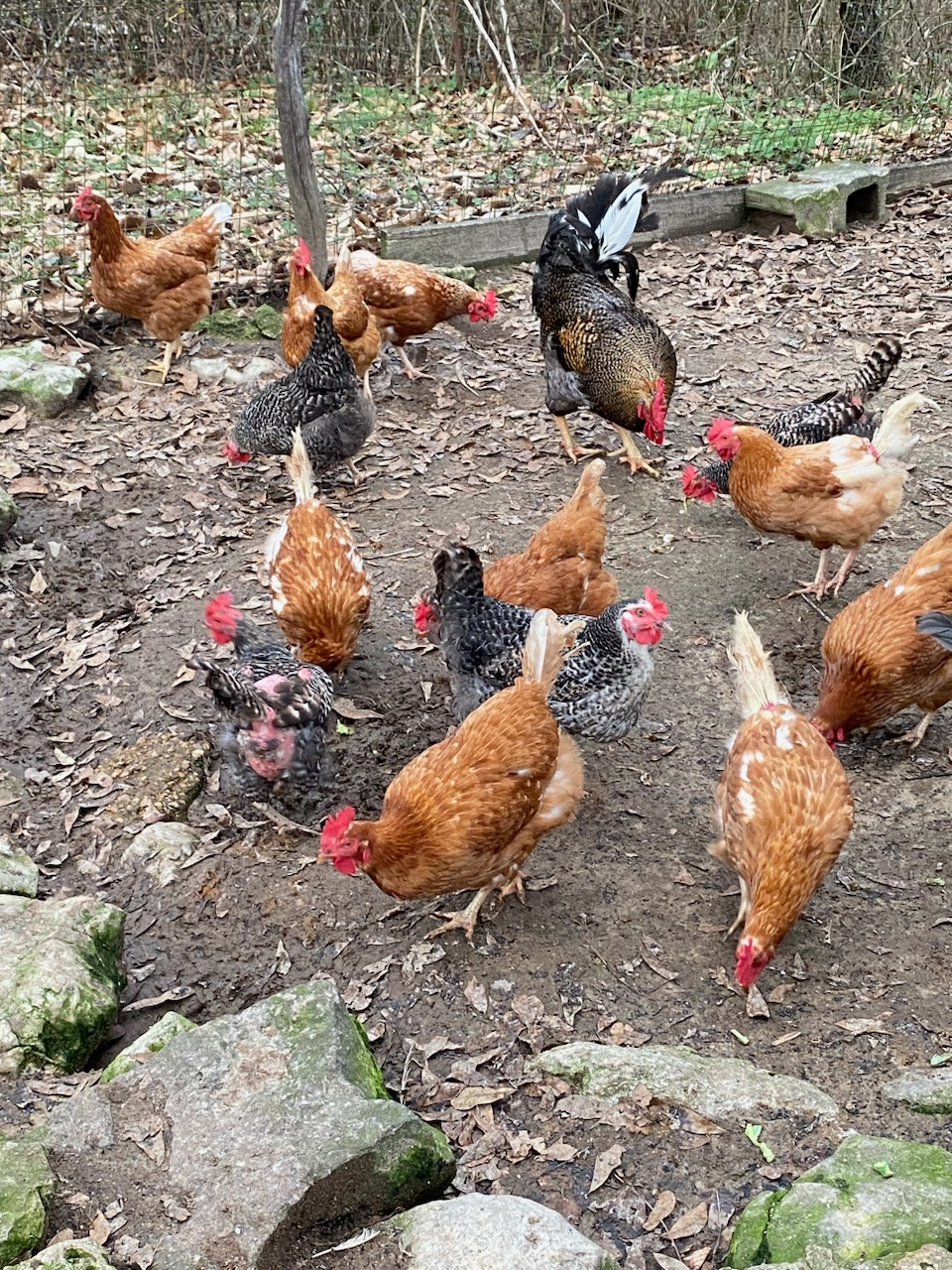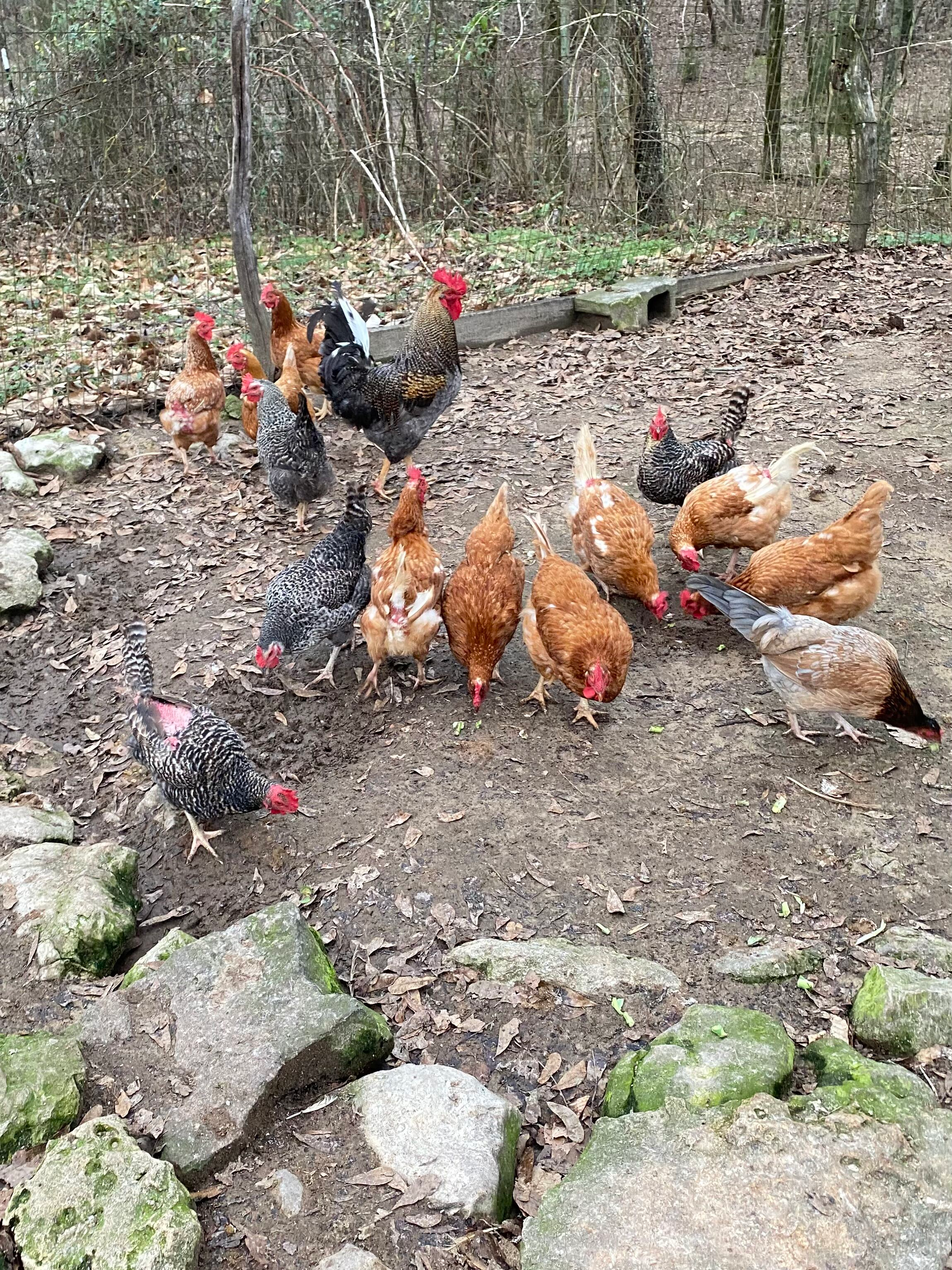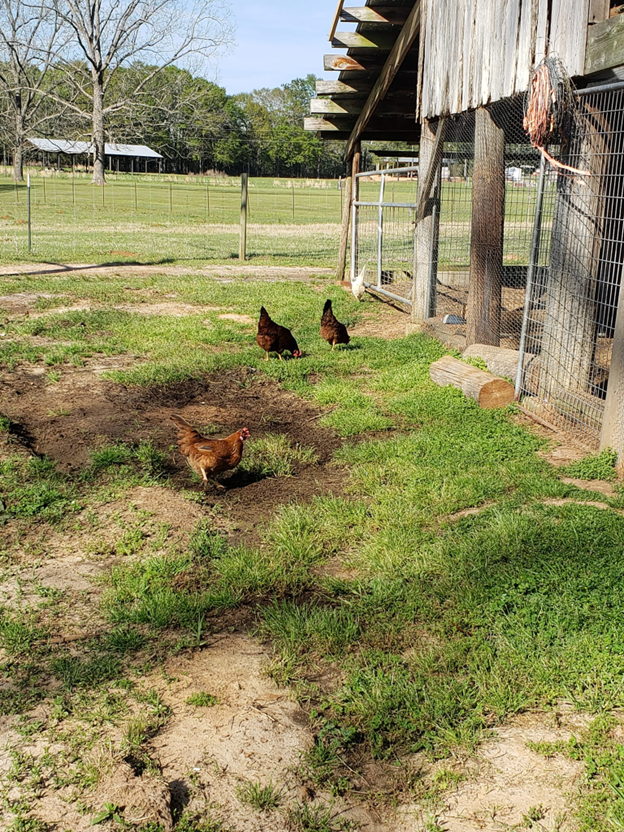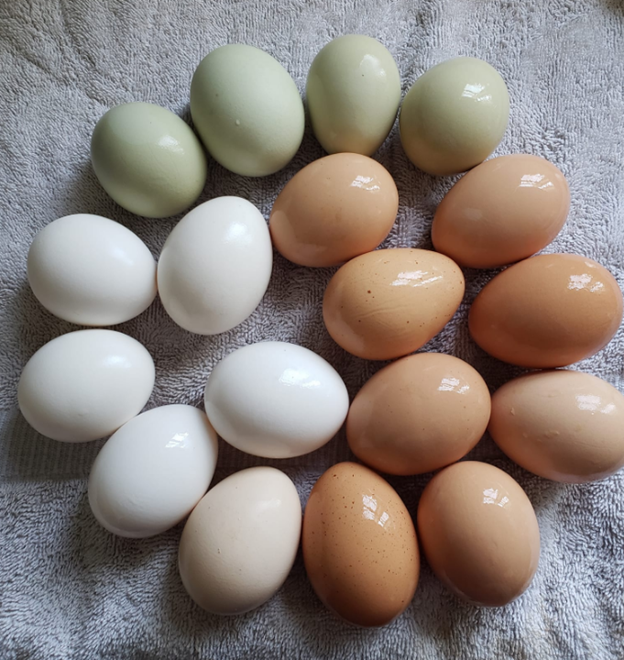Communities source eggs locally while HPAI impacts mid-west producers
Published 11:15 am Thursday, February 2, 2023
|
Getting your Trinity Audio player ready...
|
Midwest table egg producers are battling the presence of highly pathogenic avian influenza (HPAI), a contagious virus threatening flocks and contributing to rising egg prices across the nation since February 2022.
“This past year, the highly pathogenic avian influenza hit commercial egg facilities in other states, particularly Minnesota and Wisconsin,” said Alabama Department of Agriculture and Industries (ADAI) State Veterinarian Tony Frazier. “What affected everyone in Alabama is the fallout of egg prices at the grocery store. The number of eggs going to market has declined and on top of that, diesel fuel is extremely expensive because we’re really an import state now.”
With grocery store egg prices ranging between $4 and $8 per dozen, many communities have turned to non-commercial, backyard flocks for sourcing table eggs.
Greenville resident Ermalinda Burkett sells surplus eggs produced by her 75 free ranging chickens to neighbors and friends and has witnessed an increase in demand for local fresh eggs.
“My hens are producing around 20 or 30 [eggs] depending on their mood,” Burkett said. “I have regular people that buy from me, and I always make sure my house is stocked before I sell the leftovers. People who would only get them from the store before when they were 99 cents want to buy ours now that eggs are $8 and $10. Now they want to be on our list.”
Alabama Commissioner of Agriculture and Industries Rick Pate said Alabama poultry farmers focus mainly on broiler production and have managed to keep the virus out of those chicken houses, but the depopulation needed to eradicate HPAI from midwestern table egg farms contributed to increased prices for Alabama buyers.
“We don’t have much table egg production in Alabama,” Pate said. “We’ve been able to keep [HPAI] out of our broiler production which is where we produce meat for eating. The table egg producers have a million chickens or more per house, so when they have a problem, they have to depopulate all the chickens.”
Table egg chickens are a “machine” of sorts, Pate said, producing 24 eggs every month, versus a broiler hen which is consumed once.
Farms hit by HPAI can depopulate over a million hens per house to control the virus and usually take six months or more to regain production capacity.
In December, the ADAI announced a confirmed Alabama HPAI infection located within a non-commercial backyard flock in Lawrence County. So far, the virus has not been confirmed in other Alabama areas.
Dianne Stuckey owns a non-commercial, backyard flock of around 24 layer hens in the Logan community near Fort Deposit and sells surplus eggs to neighbors and friends. Her flock lives isolated in a fully fenced yard, protected from predators and migratory bird exposure.
“I have about 24 layers and I do get a lot of eggs in the summer,” Stuckey said. “I sell to people in Hayneville and also to friends, family members, and my children. We keep our layers in a big chicken yard with wire over the top, so they live a pretty isolated life.”
Luverne native Danielle Williamson raises closed flocks of egg birds and meat birds and sells surplus eggs to neighbors and friends.
“We have not seen an impact from influenza because we have a closed flock,” Williamson said. “We don’t bring in any birds. We grow our own.
“We are regularly asked by people if we have extra eggs. We have a list of people that are waiting on eggs.”
Pate said he expects prices to remain higher through Easter, when families are celebrating with egg decorating or egg hunting events and has heard from a number of Alabamians interested in starting their own egg producing flock.
“I’ve talked to more people lately who are trying to get a few backyard chickens,” Pate said. “People are starting to plant gardens too. It’s a good thing for people to understand more about where their food is coming from.”
HPAI is considered low risk to human health according to the U.S. Centers for Disease Control but is highly contagious to commercial and backyard poultry flocks.
“It is critical for commercial and backyard poultry operations to remain alert and closely monitor the health of their poultry,” said Pate. “The HPAI infected flock in Lawrence County reinforces the need to continue following strict biosecurity measures, including keeping birds enclosed without access to wild birds or other domestic flocks.”
Report sick or dead wild birds to the Alabama Department of Natural Resources and Conservation at 334-242-3469.
Report sick or dead domestic birds and poultry to ADAI’s Poultry Unit at 334-240-6584.
For information on poultry flock biosecurity measures, visit healthybirds.aphis.usda.gov.


